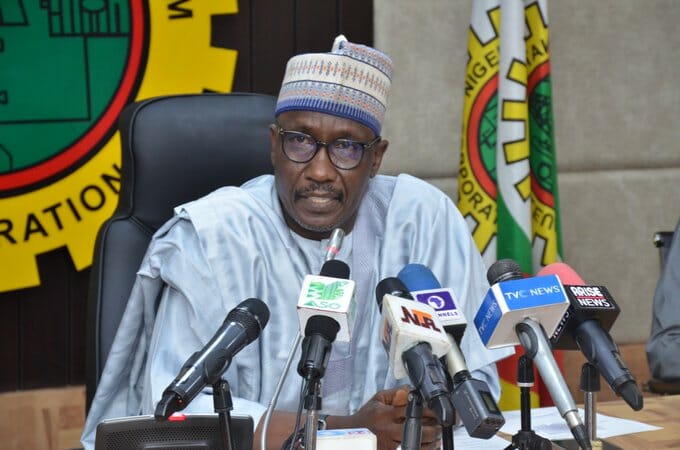- Long queues have returned to petrol stations across Nigeria due to fuel shortages as NNPCL grapples with a $6 billion payment backlog to traders
- NNPCL’s mounting debt includes overdue payments of $4-5 billion for January imports, causing some suppliers to cease participating in recent tenders
Long queues have returned to petrol stations across Nigeria, raising concerns about fuel shortages as the Nigerian National Petroleum Company Ltd (NNPCL) grapples with a $6 billion petrol payment backlog.
BusinessDay reports that NNPCL owes approximately $6 billion to international traders for imported petrol. Traders have stated that NNPCL is taking more days to make payments, exceeding the usual 90-day period. Reuters indicated that NNPCL’s mounting debt includes overdue payments of $4 billion to $5 billion for January imports, causing several international petrol suppliers to cease participating in recent tenders.
“The only reason traders are putting up with it is the $250,000 a month (per cargo) for late payment compensation,” an industry source told Reuters.
The payment delays hint at the creeping return of fuel subsidies, scrapped in May 2023. These subsidies drain NNPCL’s cash reserves for imports and limit what can be allocated to President Bola Tinubu’s government.
At least two suppliers have stopped participating in recent tenders after reaching self-imposed debt exposure limits to Nigeria, meaning they will not send more gasoline until payments are received.
NNPCL’s suppliers, including international traders like Vitol, Mercuria, and Gunvor and Nigeria-based trading houses, declined to comment as they are not authorized to speak to the media.
BusinessDay’s findings reveal that while traders thrive in risky environments, they set limits on credit allocations per trade to avoid excessive exposure to one borrower. These limits vary by company based on their size and operational regions.
As a result, Nigeria’s tenders to buy petrol in June and July were smaller, according to traders. NNPCL will import about 850,000 tonnes in July via tender, down from the typical 1 million tonnes in previous months.
This development has led to long queues and petrol scarcity across major cities in Nigeria, including Lagos and Abuja.
